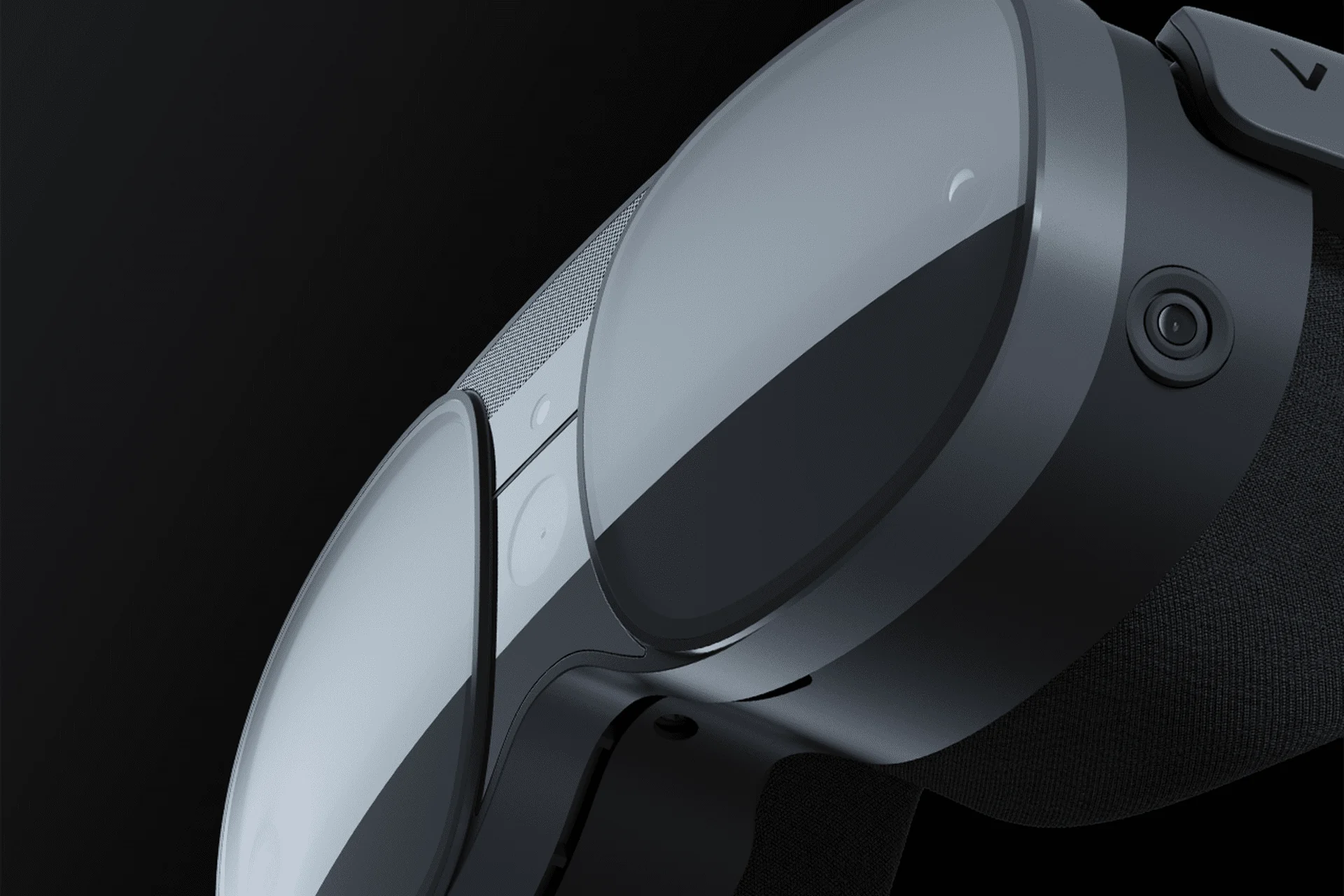HTC has teased details of its forthcoming new lightweight virtual reality (VR) and augmented reality (AR) headset, which is expected to be the company’s answer to Meta’s Quest 2 and Apple’s as-yet unannounced headset.
The full details of HTC’s new headset, the name of which has not been revealed, are set to be announced on January 5, 2023, at CES (Consumer Electronics Show) 2023 in Las Vegas. HTC shared an image and some further details of the device with The Verge, having first teased the product in October 2022.
Shen Ye, HTC’s global head of product, said that the new headset will be “one of the lightest that’s on the market”. HTC teased the set with the phrase “Go small or go home”, suggesting that lightness and portability may be among its defining features.

Meta’s $1,500 Quest Pro headset launched in October 2022, billed as the most advanced VR/AR headset for home use. Apple is expected to join the market with its own device soon, although no details of the company’s mooted big foray into the virtual space have been announced yet.
The new HTC headset is not expected to be a product for people on a tight budget, with Ye telling The Verge that “We’re in an era when consumer VR headsets have been massively subsidized by companies that are trying to vacuum up and take personal data to provide to advertisers. We don’t believe the way that we want to approach it is to compromise on privacy.”
The device is set to have a two-hour battery life and support controllers with six degrees of freedom (6DoF) and hand tracking. It will have cameras that face outwards and will facilitate mixed reality experiences.
It will also have a depth sensor, one feature that Meta’s new VR headsets do not have.
HTC’s previous models have included the $499 Vive Flow model, which launched this year and was billed as a rival to Meta’s Quest 2 headset. HTC also released the higher-end Focus 3, which sold at a premium $1,300 when it launched in 2021.
Looks like 2023 could be the year of the battle of the headsets, though VR has been threatening that for a few years already.






Leave a Reply